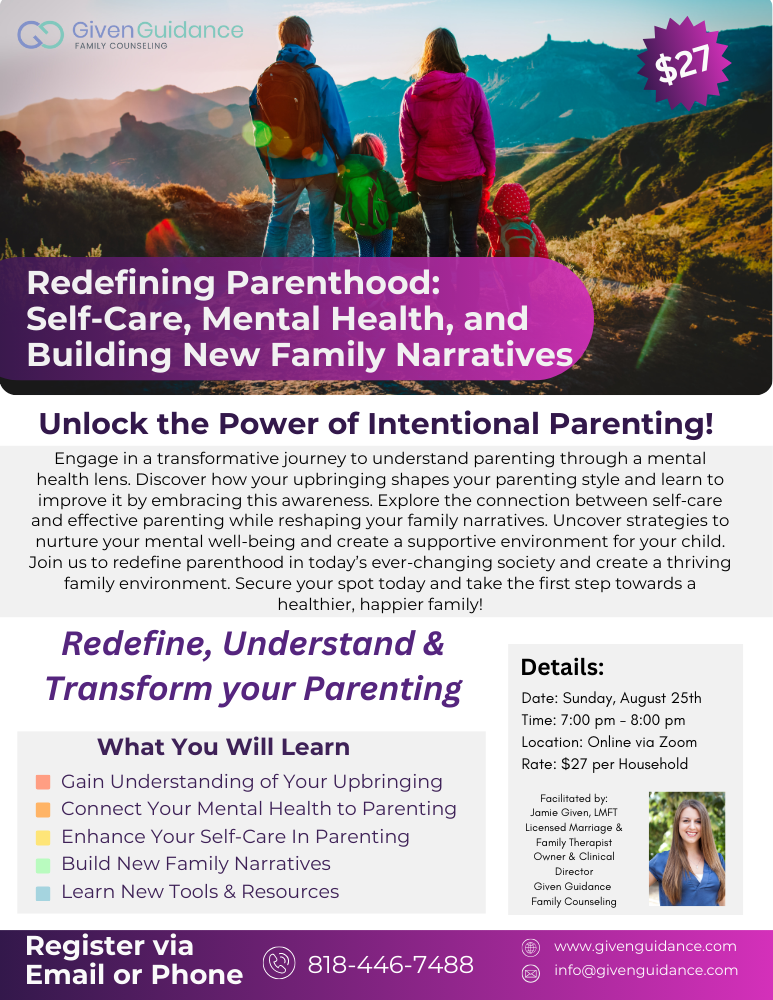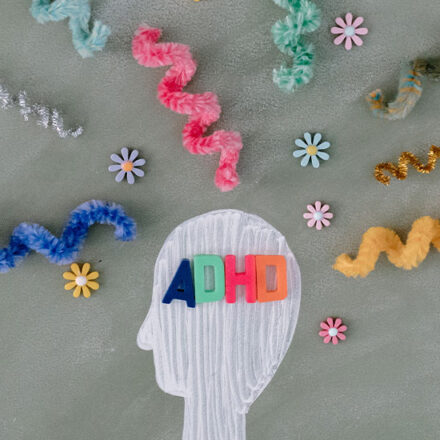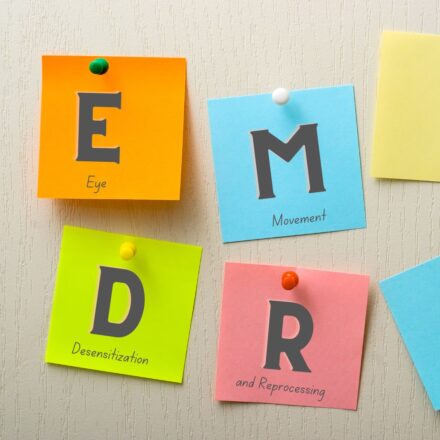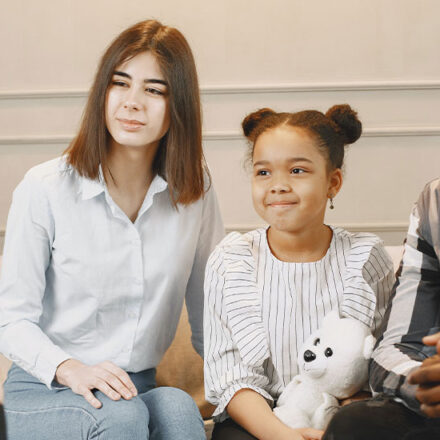Who We Work With:
Our therapists work with individuals of all ages, from 5 years old through adulthood. Adults who seek our services are often dealing with struggles regarding anxiety, depression, difficulties in relationships, past trauma, trouble with maternal mental health, and more.
The goals of individual counseling can vary widely depending on the needs of the client but generally include improving emotional well-being, resolving problematic behaviors or beliefs, coping with stress, enhancing relationships, and increasing self-awareness and personal growth.
Key features of individual therapy include:
- Confidentiality: Sessions are private and what is discussed remains between the client and therapist unless there are specific legal exceptions.
- Client-Centered Approach: The therapist focuses on the client’s unique concerns, experiences, and goals, tailoring the therapeutic approach accordingly.
- Exploration and Insight: Therapy often involves exploring patterns of thinking, feeling, and behaving to gain insight into the underlying causes of difficulties.
- Evidence-Based Techniques: Therapists may use a variety of techniques based on evidence and research, such as cognitive-behavioral therapy (CBT), psychodynamic therapy, mindfulness practices, or other modalities suited to the client’s needs. Check our therapists’ individual bios to see which therapists are trained in which modalities.
Couples counseling, also known as couples therapy or marriage counseling, is a type of psychotherapy designed to help couples resolve issues within their relationship and improve their overall quality of interaction and connection. Most of our therapists have experience working with couples. We can do couples counseling in-person, or via telehealth. Our intake coordinator can help you to find the therapist that will be the best fit for you.
Here are some key aspects and goals typically involved in couples counseling:
- Communication Improvement: One of the primary focuses is to enhance communication between partners. This involves teaching effective listening skills, helping couples express their thoughts and feelings constructively, and facilitating healthy dialogue.
- Conflict Resolution: Therapists work with couples to identify sources of conflict and help them develop strategies to resolve disagreements in a productive manner. This often includes learning how to manage emotions during conflicts and finding mutually agreeable solutions.
- Rebuilding Trust: In cases where trust has been compromised due to infidelity, deception, or other reasons, couples counseling aims to rebuild trust through honest communication, transparency, and understanding.
- Addressing Individual Concerns: Sometimes, individual issues such as depression, anxiety, or trauma can affect the relationship. Couples counseling may involve addressing these individual concerns to improve the overall relationship dynamics.
- Improving Intimacy and Connection: Therapists help couples identify barriers to intimacy and emotional connection. Techniques such as increasing emotional support, rekindling romance, and understanding each other’s needs are often employed.
- Setting Relationship Goals: Collaboratively setting realistic goals for the relationship helps couples to focus on positive changes and maintain progress outside of therapy sessions.
- Developing Skills for the Future: Couples counseling equips partners with skills and tools to handle challenges that may arise in the future, promoting long-term relationship health.
- Evaluating Relationship Patterns: Therapists help couples recognize recurring patterns of behavior or communication that may contribute to relationship difficulties, and work on changing these patterns.
Couples counseling typically involves both partners attending sessions together, though individual sessions may also be recommended based on specific circumstances. The goal is to create a safe, supportive environment where couples can openly discuss their concerns and work towards a healthier, more fulfilling relationship.
Therapy for children aged 6-12, often referred to as play therapy or child therapy, is a specialized form of psychotherapy tailored to meet the developmental and emotional needs of younger children. Here’s an overview of what therapy for this age group typically involves:
- Play-Based Approach: Children in this age range often express themselves through play rather than verbal communication. Play therapy utilizes toys, art materials, and other creative mediums to help children communicate their thoughts, feelings, and experiences in a safe and natural way.
- Building Rapport: Therapists focus on building a trusting relationship with the child. This involves creating a warm and supportive environment where the child feels comfortable expressing themselves without fear of judgment.
- Identifying and Expressing Emotions: Many children struggle to identify and appropriately express their emotions. Therapists help children recognize and label their feelings, teaching them healthy ways to manage emotions like anger, sadness, anxiety, and frustration.
- Developing Coping Skills: Therapy sessions often include teaching children coping skills to manage stress, anxiety, and difficult situations. This might involve relaxation techniques, problem-solving strategies, or social skills training.
- Exploring Family Dynamics: Therapists may explore family relationships and dynamics to understand how they impact the child’s emotions and behavior. In some cases, involving parents or caregivers in therapy sessions can be beneficial for improving family communication and support.
- Addressing Behavioral Issues: Therapy can address behavioral challenges such as aggression, defiance, attention difficulties, or difficulties in school. Therapists work with children to understand the underlying causes of these behaviors and develop more adaptive ways of responding.
- Supporting Developmental Transitions: Therapy helps children navigate developmental milestones and life transitions, such as starting school, parental divorce, moving to a new home, or coping with loss.
- Promoting Self-Esteem and Confidence: Therapists aim to enhance children’s self-esteem and self-confidence by highlighting their strengths and encouraging positive self-expression.
- Learning How to Engage in Appropriate Peer Relationships: Therapists help children learn how to make friends and how to be a friend.
- Collaboration with Parents: At Given Guidance, therapists collaborate with parents or caregivers to provide guidance and support outside of therapy sessions. They may offer parenting strategies, recommend activities to reinforce therapeutic goals at home, and provide resources for ongoing support.
Overall, therapy for children aged 6-12 is designed to be engaging, developmentally appropriate, and supportive, aiming to improve emotional well-being, enhance coping skills, and foster healthy growth and development.
Therapy for teens is personalized and can involve aspects of both play therapy and more traditional talk therapy. While working with teenagers, therapists typically focus on the following areas:
- Identity Development: Therapist can help to encourage exploration of interests, values, beliefs, and personal strengths, as well as facilitate reflection on goals and aspirations while navigating societal expectations.
- Coping Skills Development: This can be done by teaching practical techniques such as deep breathing, progressive muscle relaxation, and mindfulness, which all empower adolescents to manage anxiety, frustration, and stress effectively.
- Family Conflict Resolution: Therapy provides a safe space to discuss family dynamics, communication challenges, and unresolved issues. Therapists and teens work together to improve understanding and communication skills within the family unit.
- Addressing Feelings of Being Misunderstood: Therapists can validate adolescents’ emotions and experiences, and work with them to promote open communication and help them articulate their perspectives.
- Navigating Peer Pressure: Developing assertiveness skills and confidence in making healthy choices can help teens to build resilience against negative peer influences and set boundaries.
- Managing Expectations: Therapists can help teens to explore internal and external pressures related to academics, future goals, and social roles. They can also help promote realistic goal-setting, give strategies for managing perfectionism, and support teens in fostering self-compassion.
- Educational Stress Management: Therapists can provide strategies for time management, study skills, and stress reduction techniques. They also support adolescents in navigating academic pressures such as exams, homework, and college preparation.
Through these areas, therapy for adolescents aims to foster personal growth, resilience, and emotional well-being during this critical stage of development.
Group Therapy Services
Please call for more information: (818) 446-7488
Group Therapy is a unique and purposeful experience that allows individuals the ability to work on interpersonal relationships, problem-solving strategies, and growth within themselves. It provides a space where you can receive honest feedback, be challenged in a helpful manner, and can gain greater insight into your thoughts, feelings and actions. There are a variety of approaches to group work such as processing, educational, and task oriented. The type of group therapy provided at Given Guidance Counseling Services is a combination of processing and learning through psychoeducation. We provide in-person group counseling services in our office located in La Crescenta, California and serve communities surrounding areas of Los Angeles County.
Children: Ages 6 – 11
Group work at this young age is a great way for children to develop their social skills and emotional regulation based on peer interactions and support of a trained therapist. Children will gain awareness of their emotional processes, behaviors and responses, and ability or inability to relate with others. Together, the group will teach children calming strategies, problem-solving solutions, and positive peer interactions that can increase a child’s confidence and reduce feelings of worry and sadness. It is beneficial for all children to gain insight into their social and emotional development that will continue to enhance their overall mental health.
Adolescents: Ages 12 – 18
Many adolescents are resistant to group work because of peer pressure, judgement, and much more. Confidentiality and respect for one another is highly emphasized within Given Guidance Counseling Services. We ensure that group members are to honor their commitment (signed prior to starting the group), regarding their promise to maintain the private information that may be shared by their peers. Once comfort and rapport is established in an adolescent group setting, there are many benefits! Teenagers have daily challenges with social interactions, perception of self, judgements, media influences, and family conflict that can cause significant mental health concerns. Allowing adolescents to have a safe space to process their experiences, receive helpful feedback, and be guided by a trained therapist can help reduce and/or prevent the intensity of many symptoms such as depression, anxiety, defiance, loneliness and much more. For more information, please use our contact form.
Coming Soon: Redefining Parenthood


















